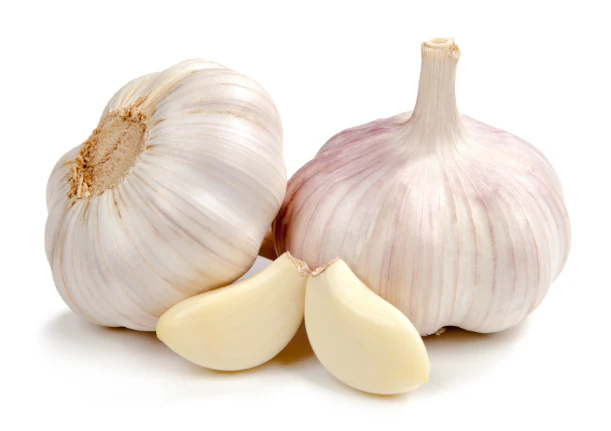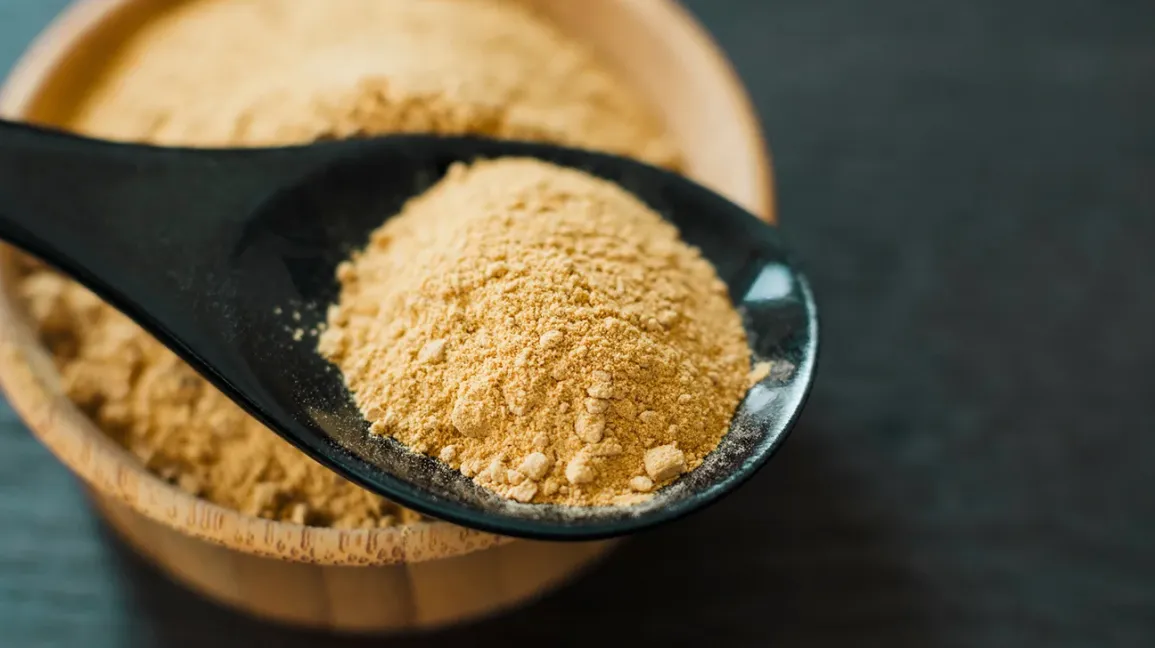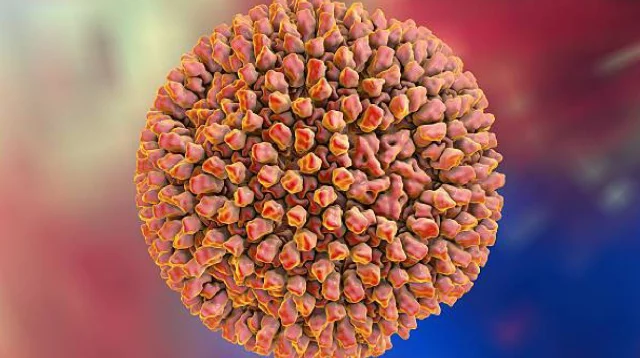
Natural foods : Maintaining good health can be greatly influenced by the foods you consume. Natural foods, which are minimally processed or unprocessed, provide essential nutrients that support overall well-being. Here are some key natural foods to include in your diet for optimal health:
1. Fruits
- Berries (blueberries, strawberries, raspberries) – Rich in antioxidants, vitamins, and fiber, which help protect cells and reduce inflammation.
- Citrus fruits (oranges, lemons, grapefruits) – Excellent sources of Vitamin C, which supports the immune system and skin health.
- Apples and pears – Provide fiber, antioxidants, and essential vitamins that support digestion and heart health.
- Bananas – High in potassium, which helps regulate blood pressure and supports muscle and nerve function.
2. Vegetables
- Leafy greens (spinach, kale, swiss chard) – Packed with vitamins A, C, K, iron, and fiber, these promote bone health, immune function, and digestive health.
- Cruciferous vegetables (broccoli, cauliflower, Brussels sprouts) – Rich in vitamins, fiber, and compounds that may have cancer-protective effects.
- Carrots and sweet potatoes – High in beta-carotene, which supports eye health and immune function.
- Tomatoes – Rich in lycopene, an antioxidant that may reduce the risk of certain cancers and support heart health.
3. Whole Grains
- Oats – High in soluble fiber (beta-glucan), which can help lower cholesterol levels and stabilize blood sugar.
- Quinoa – A complete protein source that provides all nine essential amino acids, perfect for muscle repair and immune support.
- Brown rice and whole wheat – Good sources of fiber, B vitamins, and minerals like magnesium and zinc.
- Barley – High in fiber and nutrients that support heart health and digestion.
4. Nuts and Seeds
- Almonds and walnuts – High in healthy fats (omega-3 and omega-6), fiber, and antioxidants that support brain and heart health.
- Chia seeds and flaxseeds – Packed with omega-3 fatty acids, fiber, and antioxidants that improve digestion and reduce inflammation.
- Pumpkin seeds – Rich in magnesium, zinc, and healthy fats, supporting heart and immune health.
5. Legumes and Beans
- Lentils – Excellent sources of plant-based protein, fiber, iron, and folate.
- Chickpeas – Provide fiber, protein, and essential minerals like magnesium, which supports heart health.
- Black beans and kidney beans – High in protein, fiber, and antioxidants that improve gut health and help manage blood sugar.
6. Lean Proteins
- Fish (salmon, mackerel, sardines) – Rich in omega-3 fatty acids, which support brain health, reduce inflammation, and promote heart health.
- Chicken and turkey – Lean sources of protein that support muscle growth and repair.
- Eggs – Contain high-quality protein, healthy fats, and essential nutrients such as Vitamin D and choline, which support brain and liver function.
7. Healthy Fats
- Avocados – High in monounsaturated fats, which help reduce bad cholesterol levels and support skin and heart health.
- Olive oil – Rich in antioxidants and healthy fats, particularly oleic acid, which may reduce inflammation and support heart health.
- Coconut oil – Contains medium-chain triglycerides (MCTs), which may boost energy and support metabolism.
8. Fermented Foods
- Yogurt (unsweetened) – Contains probiotics, which support gut health and strengthen the immune system.
- Kimchi and sauerkraut – Fermented vegetables that help support digestion and the gut microbiome.
- Kefir – A fermented dairy drink rich in probiotics that promotes digestive health.
9. Herbs and Spices
- Turmeric – Contains curcumin, an anti-inflammatory compound that may reduce the risk of chronic diseases.
- Ginger – Known for its anti-nausea properties and ability to reduce inflammation.
- Garlic – Contains allicin, which has antimicrobial and heart-protective properties.
- Cinnamon – Helps regulate blood sugar and has antioxidant and anti-inflammatory effects.
10. Water
- Staying hydrated is crucial for overall health. Drinking enough water supports digestion, kidney function, and skin health.
General Guidelines:
- Variety is key: Eating a wide variety of colorful fruits and vegetables ensures that you get a diverse array of vitamins, minerals, and antioxidants.
- Minimize processed foods: These often contain excess sugars, unhealthy fats, and additives that can lead to chronic health issues.
- Balance your meals: Aim to include a mix of complex carbohydrates, healthy fats, and lean protein sources to maintain energy levels, promote muscle repair, and support overall health.



 DailyMediCure
DailyMediCure 









